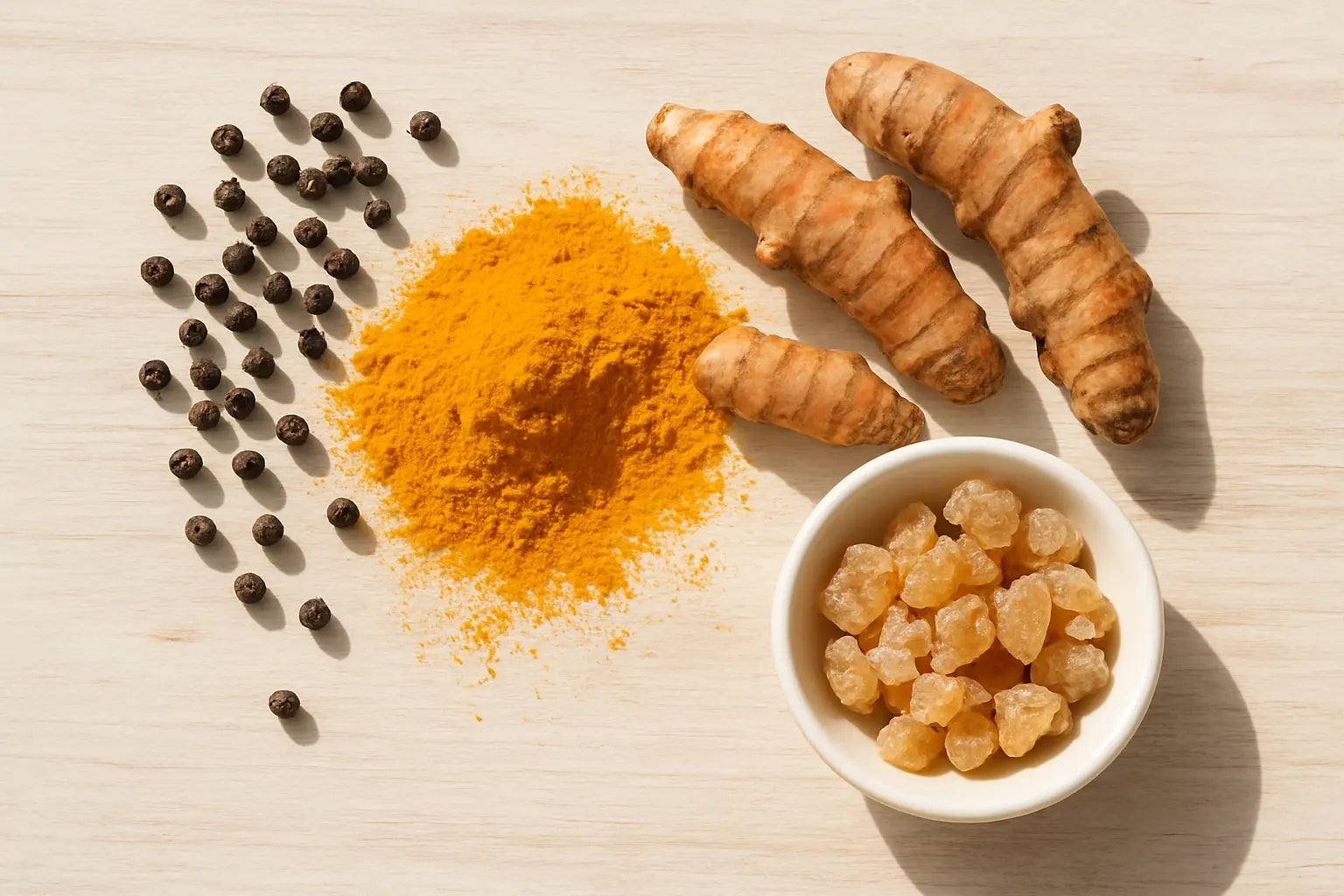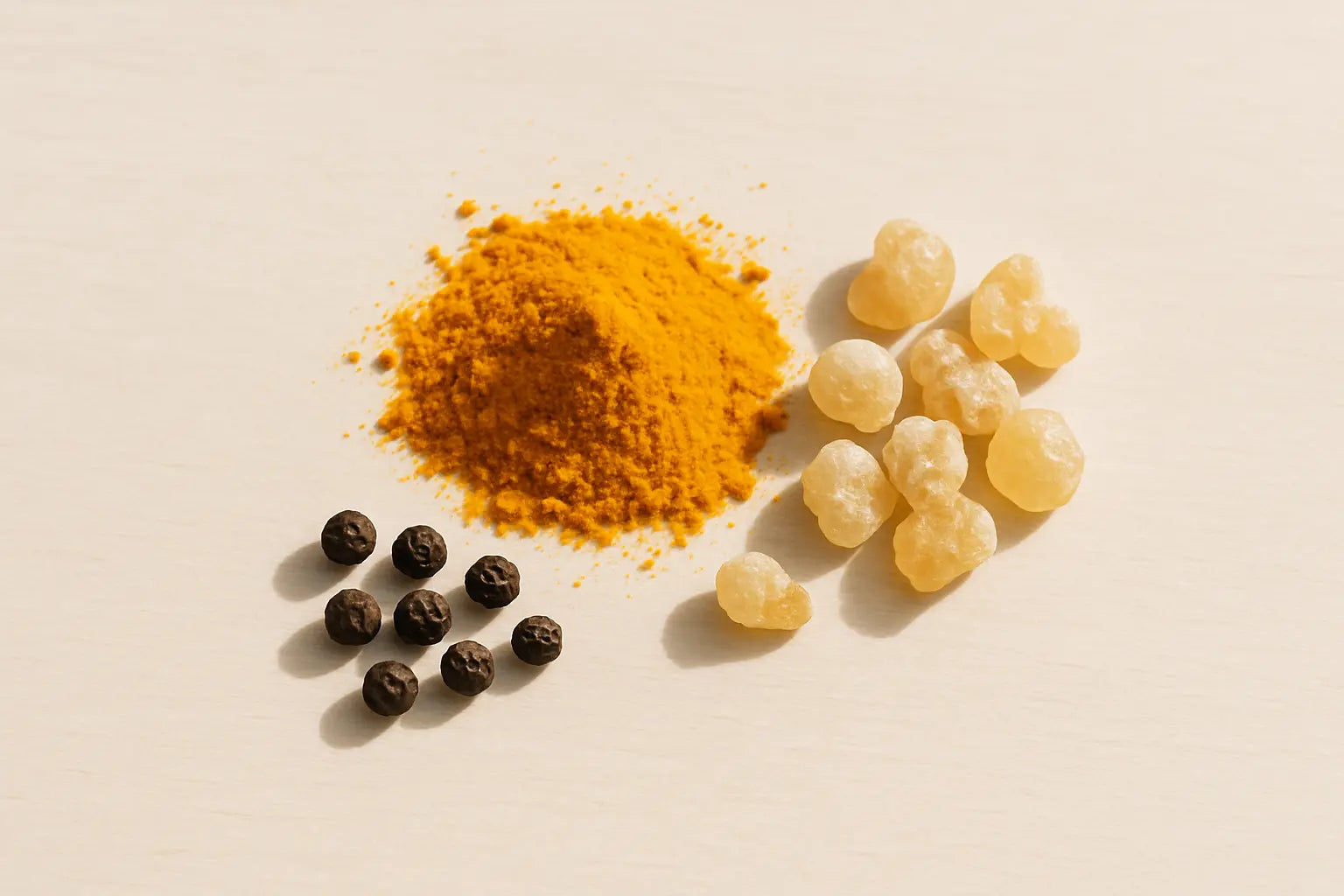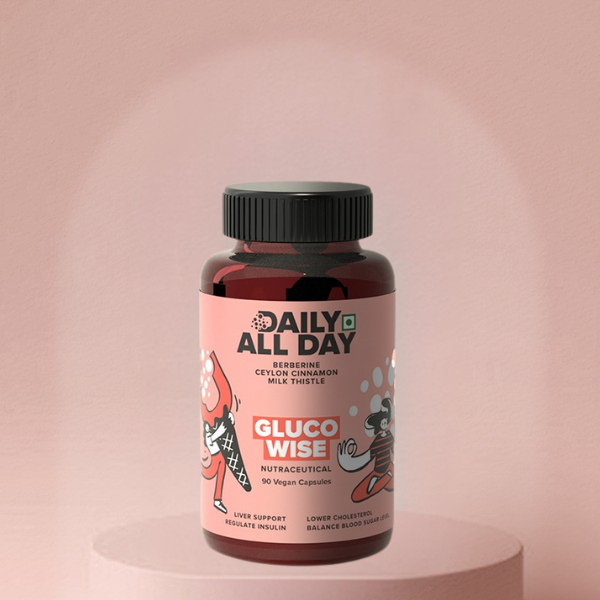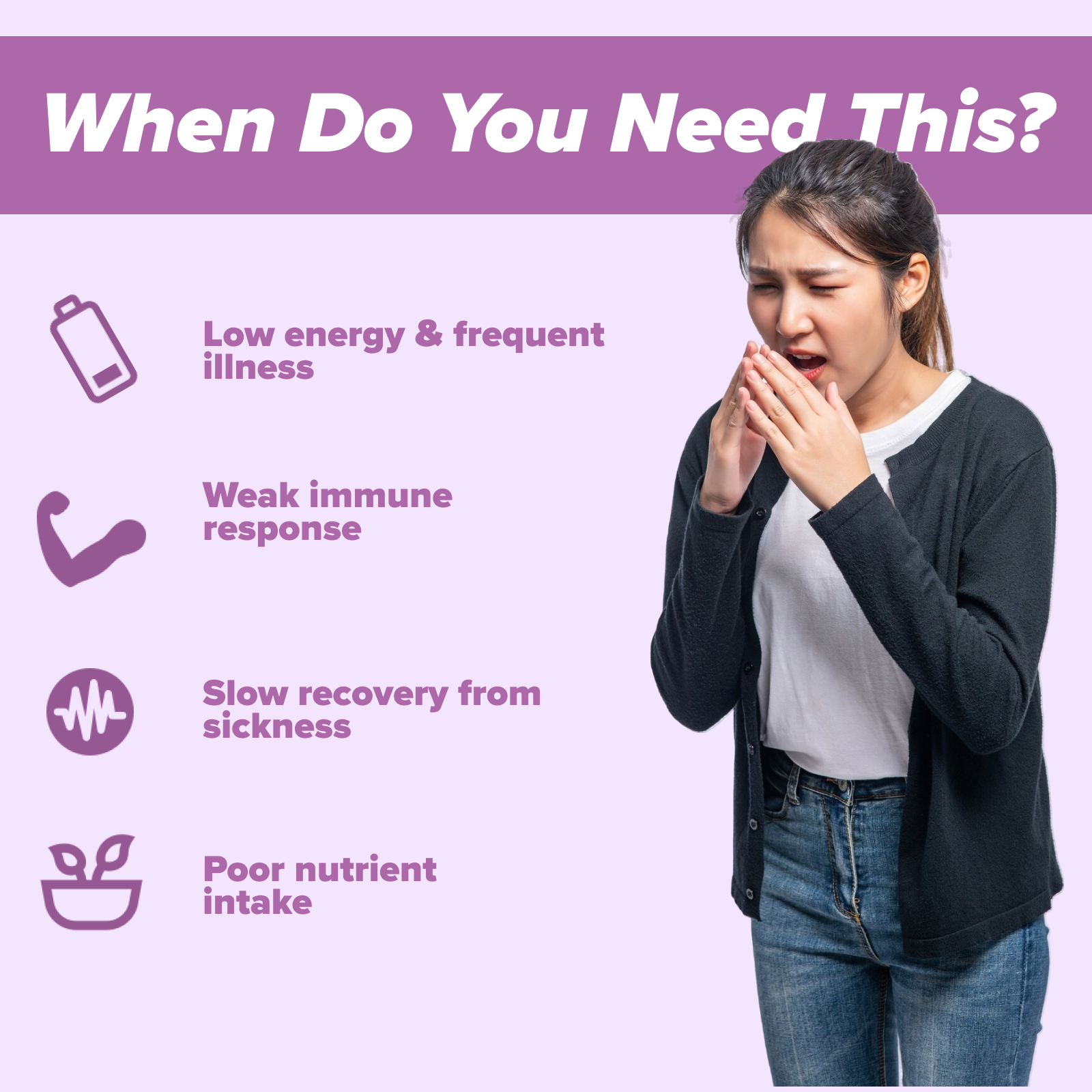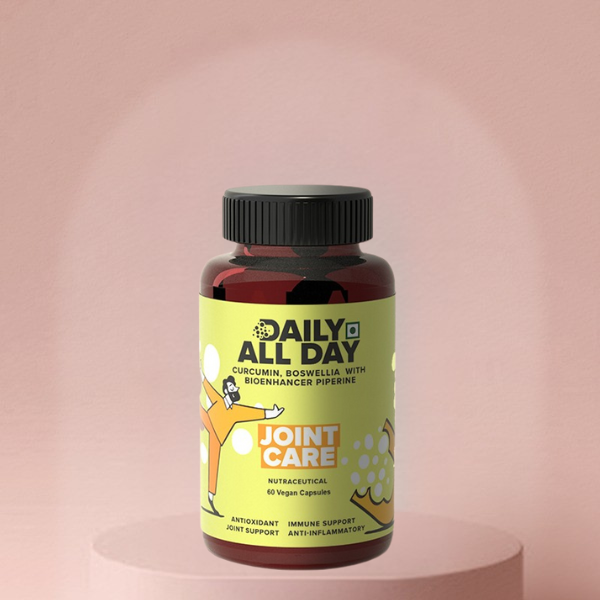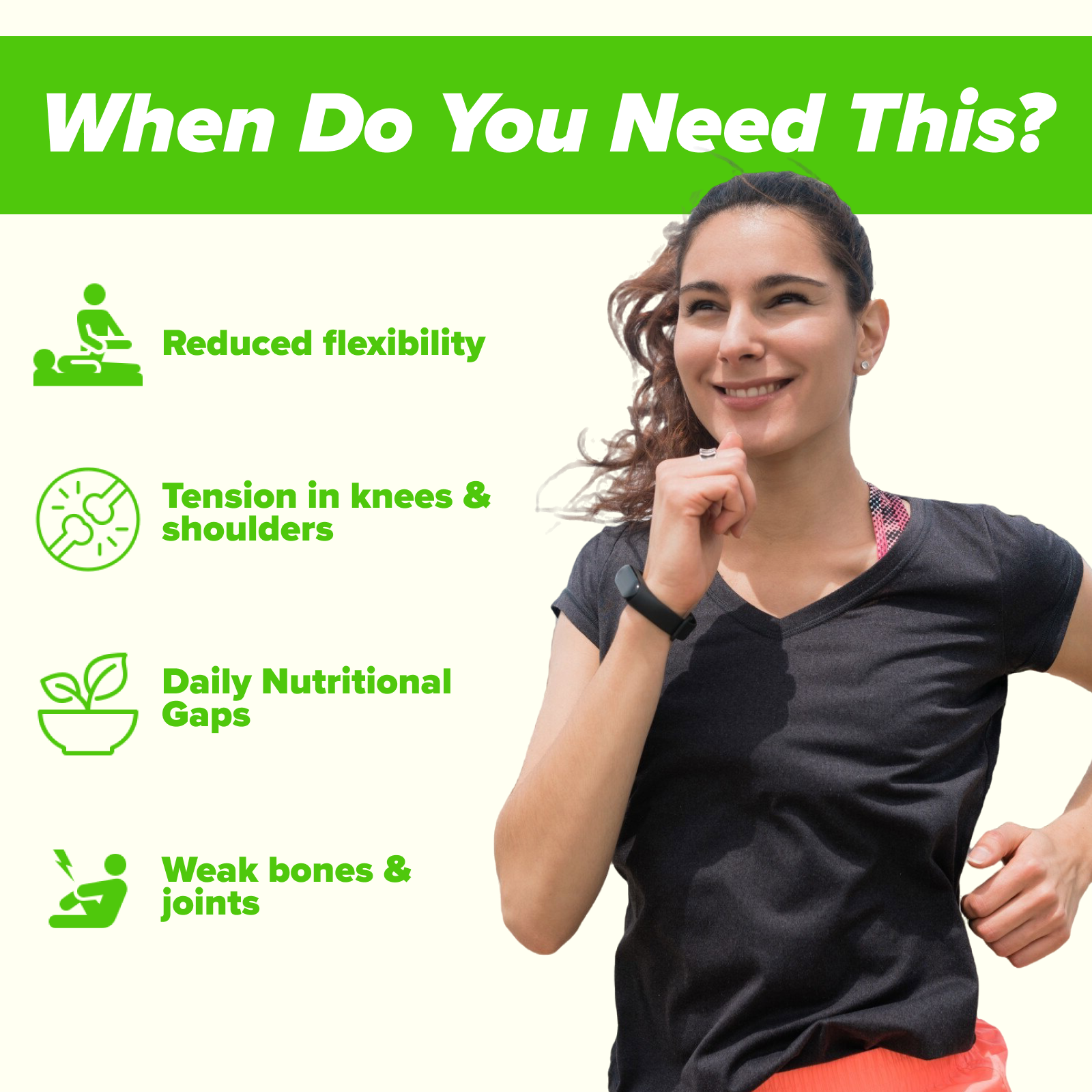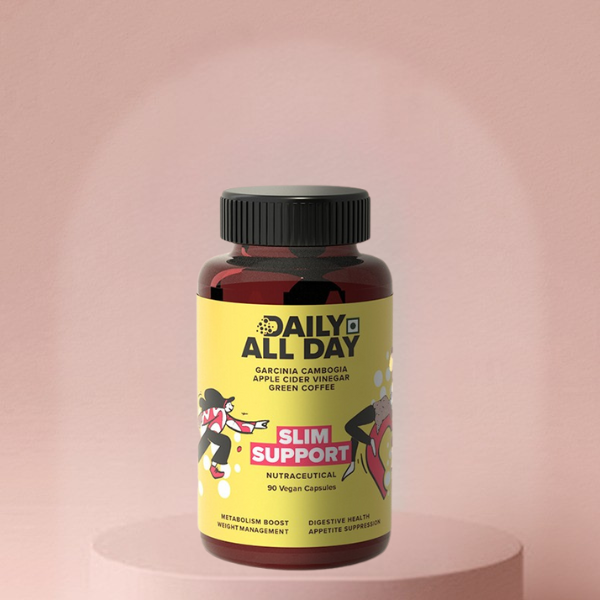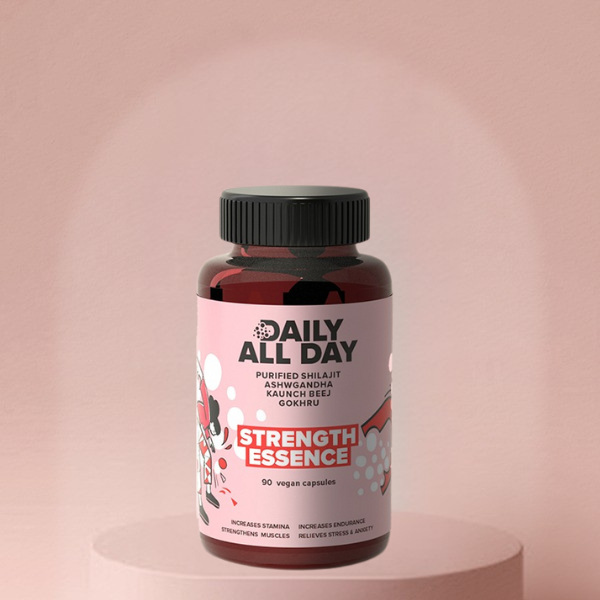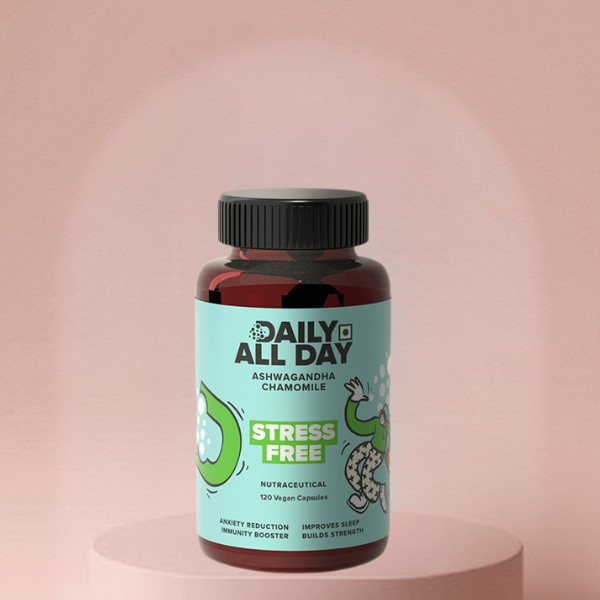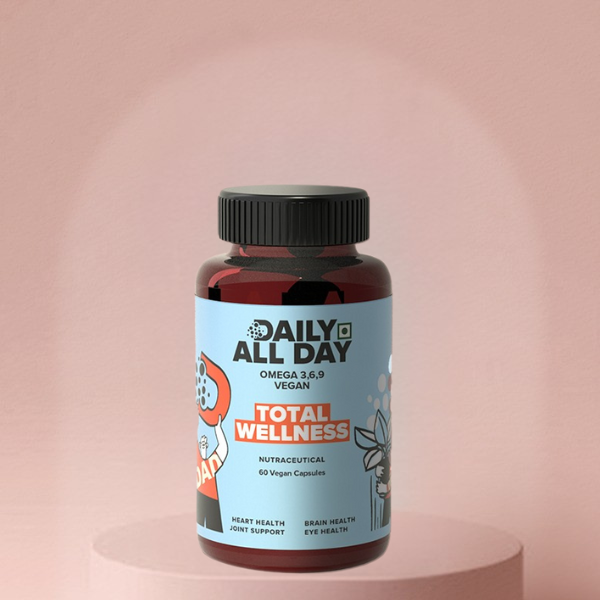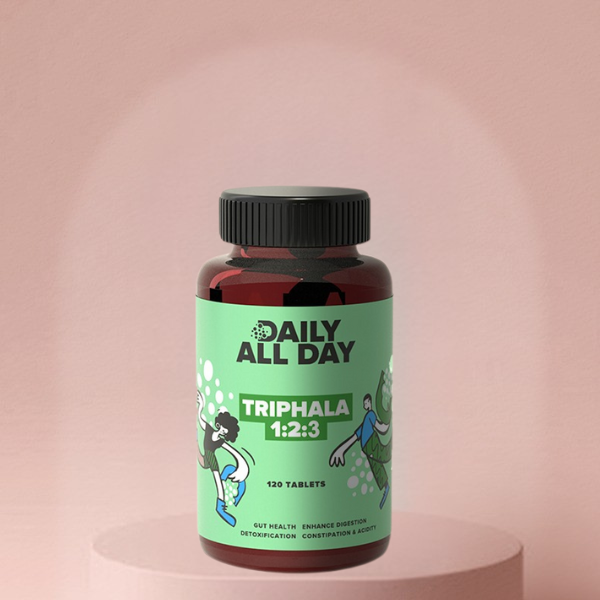Table of Contents
- That 'Ahhh' Moment: Kicking Off Your Shoes
- Why Going Barefoot Isn't Always a Good Idea
- What People Are Asking on Quora
- Better Choices: Footwear Alternatives and Safety Tips
- Supporting Your Joints from the Inside Out
- Ingredients Deep Dive: Daily All Day Joint Care
- A Note on Holistic Health and Weight Management
- Frequently Asked Questions
That 'Ahhh' Moment: Kicking Off Your Shoes
Picture this: You’ve just come home after a long, tiring day. The first thing you do is kick off your shoes and let your feet breathe. That feeling of freedom as you walk across the cool floor is pure bliss, right? Many of us love the feeling of being barefoot. It feels natural, simple, and relaxing. We see it in movies, like the popular barefoot movie from 2014, where it symbolizes freedom and a carefree spirit. But have you ever stopped to think if this daily habit is actually good for you?
While the sensation might be liberating, podiatrists and health experts are sounding an alarm. Walking barefoot, especially on hard, modern surfaces, could be leading to hidden dangers for your feet, joints, and overall health. It’s time to look beyond the comfort and understand what’s really happening to your body when you ditch your shoes.
Why Going Barefoot Isn't Always a Good Idea
Our feet are incredible structures, designed to handle a lot. But they weren't designed for the concrete, tile, and hardwood floors we walk on every day. Here’s why going shoeless might not be the best idea.
1. Hidden Hazards on the Ground
Whether you're indoors or outdoors, the ground can be a minefield of sharp objects. A tiny piece of glass, a wood splinter, a dropped pin, or a small toy can lead to painful cuts and puncture wounds. These injuries are not only painful but can also become entry points for nasty infections.
2. Pain and Structural Stress
Your shoes do more than just protect you from sharp objects; they provide crucial support. When you walk barefoot on hard surfaces, there is no cushioning to absorb the shock. This repetitive impact can strain your tendons and ligaments, leading to conditions like:
- Plantar Fasciitis: A common cause of heel pain, where the thick band of tissue on the bottom of your foot becomes inflamed.
- Tendonitis: Inflammation of a tendon, often causing pain and tenderness.
- Stress Fractures: Tiny cracks in a bone caused by repetitive force.
If you have flat feet or high arches, walking barefoot can make these problems even worse, leading to chronic discomfort in your feet, knees, and even your back.
3. The Risk of Infections
Your bare feet are magnets for germs. Public places like pools, gym locker rooms, and even your own backyard can harbor fungi, viruses, and bacteria. Without the protective barrier of a shoe, you're at a higher risk of developing:
- Athlete's Foot: A fungal infection that causes itching, scaling, and redness.
- Toenail Fungus: An infection that can cause your nails to become discolored, thick, and brittle.
- Plantar Warts: Caused by the HPV virus, these growths on the soles of your feet can be painful.
4. Slips, Falls, and Impact Injuries
Shoes provide traction. Going barefoot, especially on wet or polished surfaces, increases your risk of slipping and falling. It also makes you more vulnerable to stubbed toes, sprained ankles, and other impact injuries that can be surprisingly painful and slow to heal.
What People Are Asking on Quora
You're not the only one wondering about this. Here are some top questions and summarized answers from Quora about the risks of going barefoot:
-
Is it unsanitary to go barefoot?
Yes, it can be. Quora users point out that walking barefoot exposes your feet to various bacterial and fungal organisms. These can infect the skin and nails, especially if you have any small cuts or scrapes. -
What dangers do you encounter going barefoot?
The most obvious danger mentioned is stepping on sharp objects like glass, nails, or rocks. This can cause significant damage to the soles of your feet. Users also highlight the risk of burns on hot pavement and exposure to germs. -
Are there any risks associated with walking barefoot outside?
While some users argue that being more aware of your steps reduces risk, the consensus is that risks do exist. These include parasites (like hookworm in some areas), insect stings, and injuries from unseen objects hidden in grass or sand. -
What diseases can you get from walking around barefoot?
Users list several potential infections, including fungal infections like athlete's foot, bacterial infections if you have an open wound, and viral infections like plantar warts. While catching a serious disease is rare in most developed areas, the risk is not zero.
Better Choices: Footwear Alternatives and Safety Tips
If you love the barefoot feeling but want to avoid the risks, don't worry! There are plenty of options that offer the best of both worlds.
- Minimalist Footwear: Brands like Frido and Impakto are making 'barefoot sock shoes' or 'foot shaped shoes' that mimic the feeling of being barefoot while still offering protection. These shoes have thin, flexible soles that allow your feet to move naturally.
- Supportive House Slippers: Instead of going fully barefoot at home, invest in a pair of comfortable slippers with good arch support.
- Inspect Your Feet: Make it a daily habit to check your feet for any cuts, scrapes, or changes in your skin or nails.
Supporting Your Joints from the Inside Out
The constant pounding on hard surfaces without support doesn't just hurt your feet; it sends shockwaves up your entire body, affecting your ankles, knees, and back. Over time, this can lead to chronic inflammation and joint pain. While wearing proper footwear helps, sometimes your body needs extra support to combat inflammation and repair itself. This is where natural supplements can make a huge difference.
Our Daily All Day Joint Care capsules are formulated to provide comprehensive support for your joints. They are designed to reduce pain, decrease inflammation, and support healthy cartilage, making them an excellent companion for anyone looking to protect their joint health. If you are already experiencing knee pain, back pain, or ligament strain, this supplement can help your body's natural healing process.
Ingredients Deep Dive: Daily All Day Joint Care
What makes our Joint Care formula so effective? It's all about the powerful, natural ingredients working together.
- Turmeric Root Extract & Curcumin: Turmeric is a star player in the world of natural health, famous for its anti-inflammatory properties. The active compound, Curcumin, is a powerful antioxidant that helps fight inflammation at its source, providing relief from joint pain and stiffness. For more on anti-inflammatory approaches, you might find this guide on an anti-inflammatory diet helpful.
- Boswellia Serrata: Also known as Indian Frankincense, this herb has been used in Ayurvedic medicine for centuries. It works by preventing the formation of inflammatory chemicals in the body and can help protect and regenerate cartilage.
- Piperine (Black Pepper): This is the secret ingredient that makes everything else work better! Piperine is a bioenhancer, meaning it dramatically increases your body's ability to absorb the curcumin in turmeric. This ensures you get the maximum benefit from every capsule.
A Note on Holistic Health and Weight Management
Taking care of your joints is part of a bigger picture of overall wellness. Another factor that puts significant stress on your feet, knees, and back is excess weight. Every extra pound you carry puts several extra pounds of pressure on your joints. That's why managing your weight is one of the best things you can do for your long-term mobility.
Our Daily All Day Slim Support is designed to help you on your weight management journey. With a blend of natural ingredients like Garcinia Cambogia, Green Coffee Beans, and Apple Cider Vinegar, it helps boost your metabolism, burn fat, and suppress your appetite. By combining this with a healthy diet and an active lifestyle (with proper footwear, of course!), you can reduce the load on your joints and feel lighter on your feet. Learn more about healthy eating with our beginner's guide to Ayurveda.
Frequently Asked Questions
- 1. Is it bad to walk barefoot at home all the time?
- - While it might feel comfortable, walking barefoot on hard surfaces like tile or hardwood for long periods can lead to foot problems like heel pain, arch strain, and tendonitis because these surfaces don't provide any shock absorption or support.
- 2. Can walking barefoot cause long-term foot problems?
- - Yes. Over time, the lack of support can contribute to the flattening of your arches, stress fractures, and chronic joint pain in your feet, ankles, and even knees and back. It can worsen existing conditions like bunions or flat feet.
- 3. What are the benefits of walking barefoot, if any?
- - Walking barefoot on natural, soft surfaces like sand or grass can have benefits. It can help strengthen the small muscles in your feet, improve your balance, and enhance your body's awareness of its position (proprioception). The key is the surface you're walking on.
- 4. How can I protect my feet if I love being barefoot?
- - Try 'barefoot shoes' or minimalist shoes that offer a layer of protection while allowing your foot to move naturally. At home, use supportive slippers or wear thick socks. Limit your barefoot time to soft, safe surfaces like a clean carpet or your lawn.
- 5. When should I see a doctor for foot pain from walking barefoot?
- - You should see a doctor or podiatrist if you experience persistent pain that doesn't go away with rest, notice any swelling or bruising, have sharp heel pain (especially in the morning), or if you've sustained a cut that looks infected (red, swollen, or oozing). Don't ignore foot pain; it's your body's way of telling you something is wrong.

Conclusion: Love Your Feet, Give Them Support
Walking barefoot can feel liberating, a simple joy often romanticized in media, like in the 'Barefoot' movie from 2014. However, the reality is that our modern world, with its hard, unforgiving surfaces, isn't always kind to our feet. From the risk of painful injuries and infections to the long-term strain on our joints and ligaments, the potential downsides often outweigh the momentary pleasure. It's about finding a balance—enjoying a moment barefoot on soft, clean grass is different from spending all day on hardwood floors.
Protecting your feet doesn't mean you have to give up comfort. Options like minimalist footwear or supportive sandals can give you that 'zen barefoot' feeling without the risks. More importantly, supporting your body from the inside out is key. If you're experiencing joint pain, whether from walking barefoot or daily life, natural supplements can provide relief. Our Daily All Day Joint Care is specifically designed with powerful anti-inflammatory ingredients like Turmeric and Boswellia to soothe aching joints and enhance mobility. Similarly, maintaining a healthy weight with Daily All Day Slim Support reduces the overall stress on your feet and knees. By making mindful choices about your footwear and supporting your body with the right nutrition, you can keep your feet happy, healthy, and ready to carry you through all of life's adventures.


